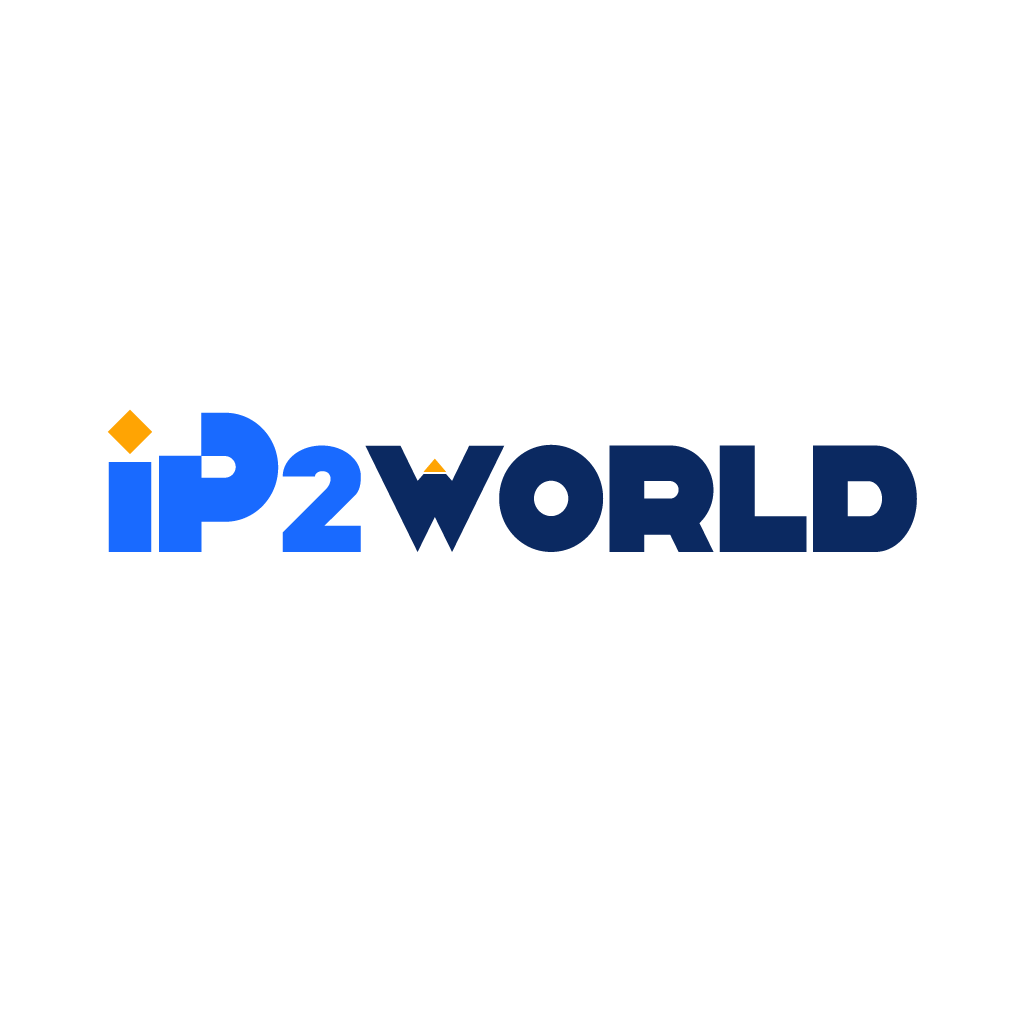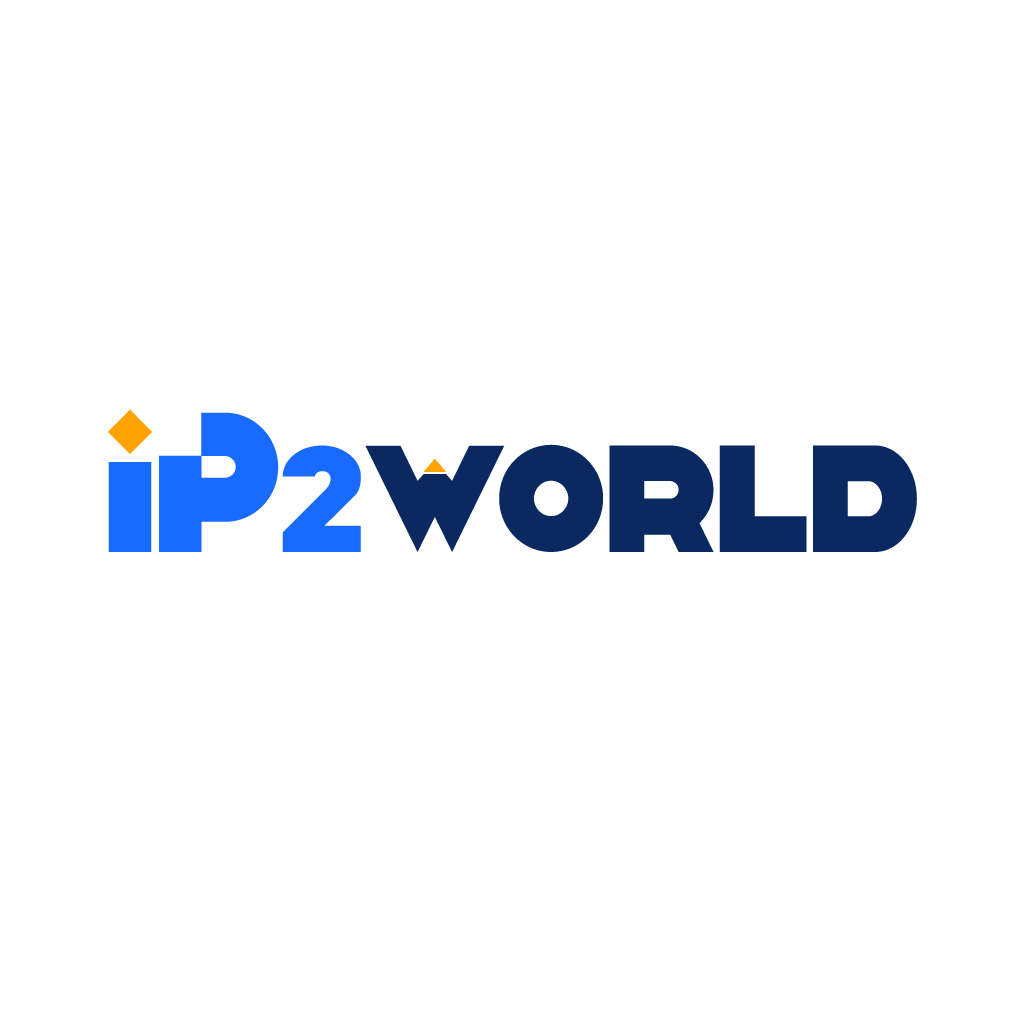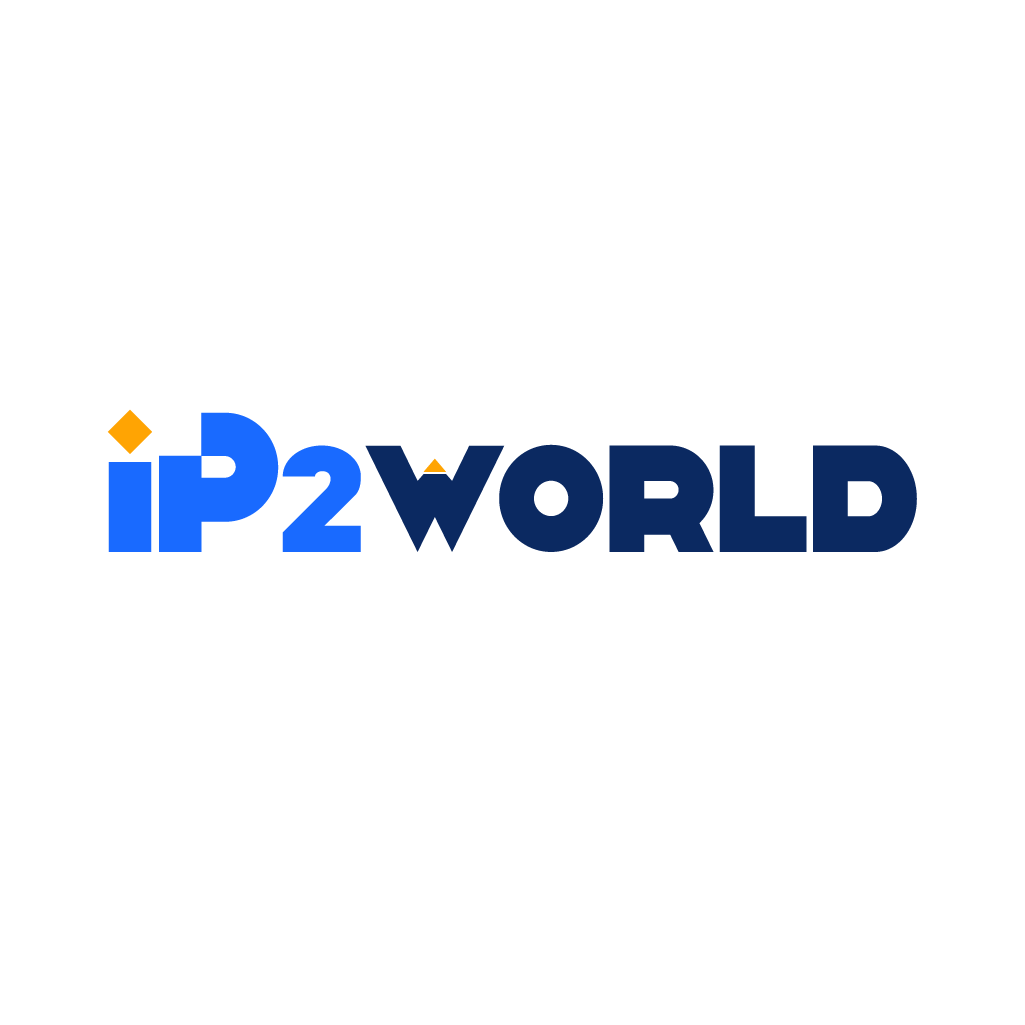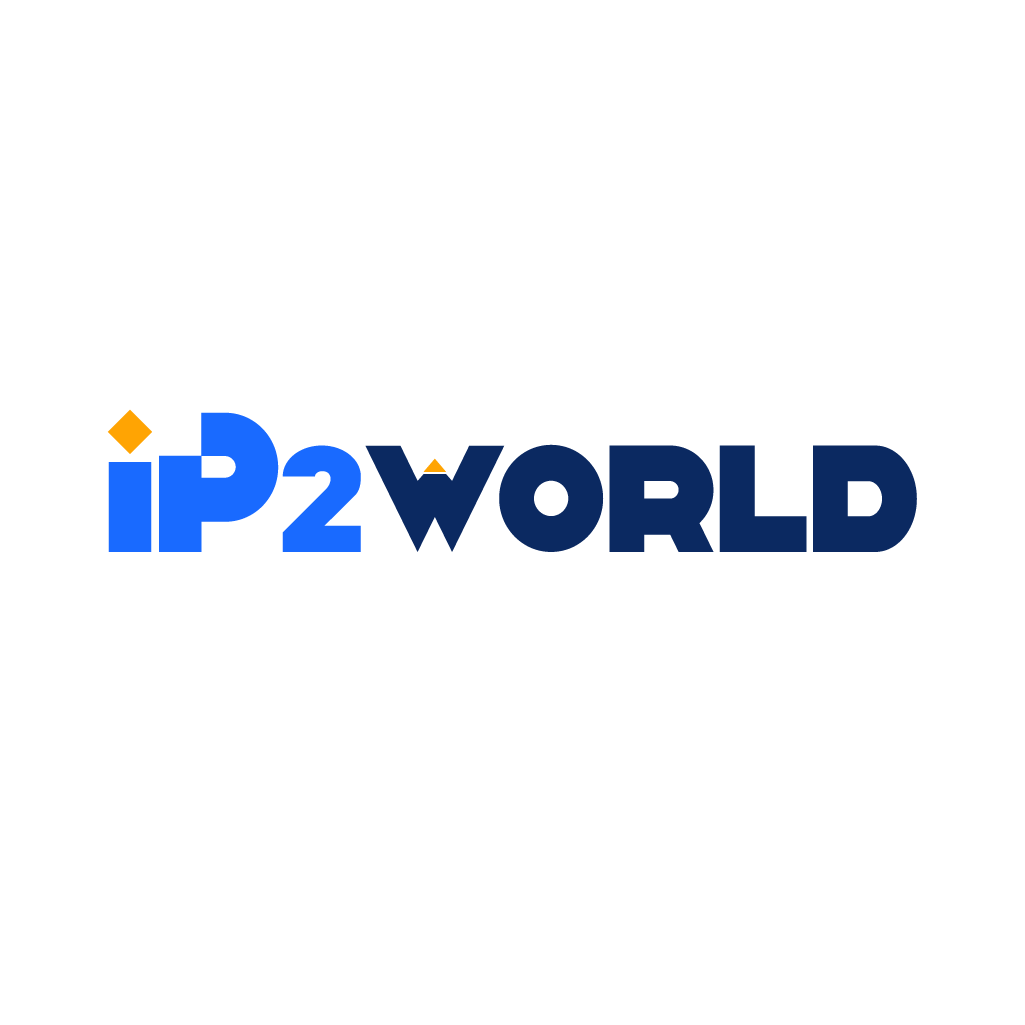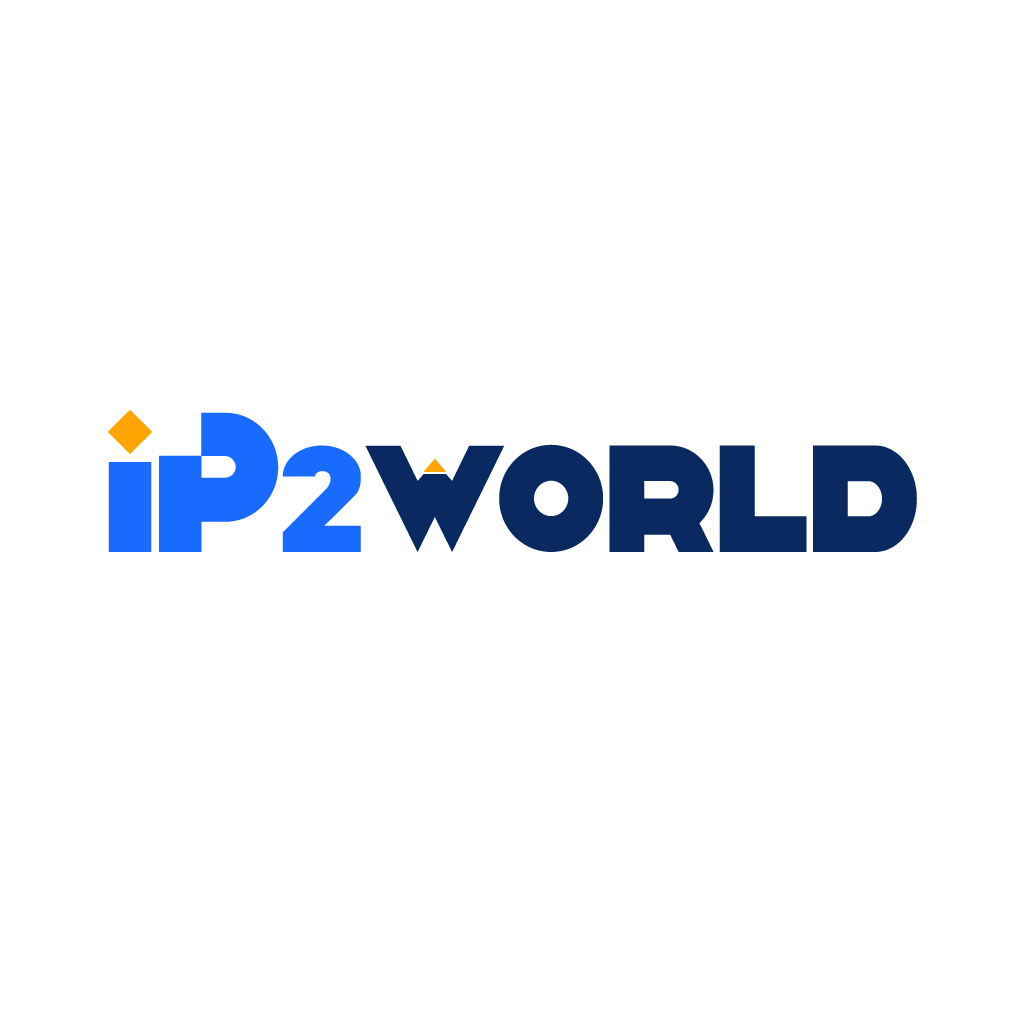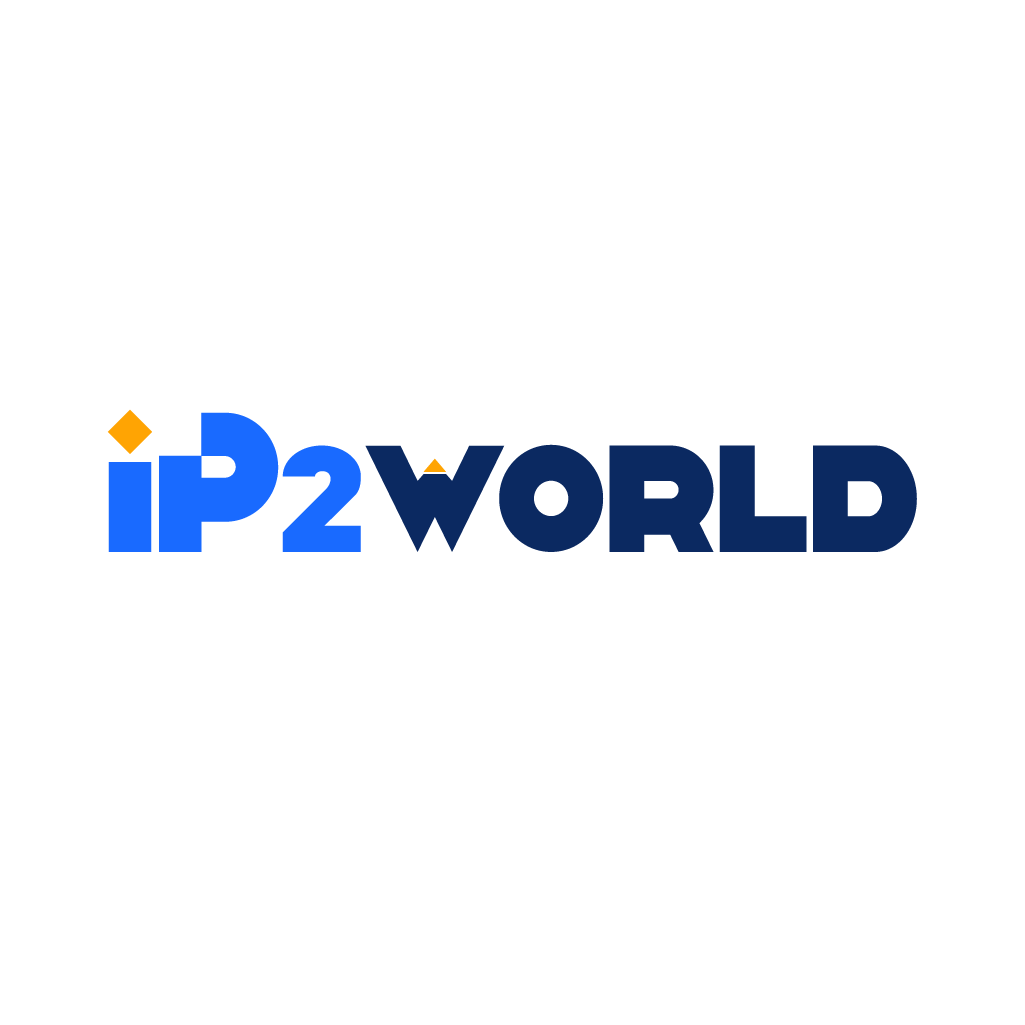Introduction Monitoring Advertised Price (MAP) is a vital aspect of e-commerce that balances the manufacturer's need to maintain brand value and the retailer's need to operate in a competitive market. In a world where prices can fluctuate rapidly online, various tools, methodologies, and legal frameworks are developed to ensure compliance with MAP policies. The following sections delve into the features of MAP monitoring tools, the role of specific e-commerce monitoring applications, the crucial use of proxies in monitoring, and the legal landscape that governs MAP practices. MAP and Its Importance in E-Commerce 1. Definition & Purpose: - MAP Defined: MAP, or Minimum Advertised Price, defines the lowest price at which a retailer can advertise a product for sale. This does not restrict the sale price but only the price that can be displayed or advertised to the public. - Purpose and Objectives: The purpose of MAP is multi-fold. It aims to maintain brand image by ensuring that products are not devalued by being advertised at excessively low prices. It ensures fair competition among retailers and protects sellers' profits. This helps in preventing underpricing, predatory pricing, unauthorized selling, and even counterfeit goods. 2. iMAP Pricing: - Understanding iMAP: Internet Minimum Advertised Price (iMAP) is a variant of MAP tailored for online products. It recognizes that online markets are dynamic and subject to rapid price changes. iMAP provides flexibility to address these changes. - Importance in Online Retail: With the surge in online shopping, iMAP ensures a consistent pricing strategy across various online platforms. This promotes uniformity in pricing and helps in keeping up with the competitive nature of e-commerce. 3. Sales Improvement & Brand Protection: - Meeting Sales Targets: Implementing a proper MAP policy helps businesses in setting the right price for a product. By avoiding price wars, it supports retailers in achieving their sales targets. - Protecting Brand Perception: A consistent pricing strategy, maintained by MAP, safeguards a brand's perceived value and prestige. By preventing resellers from listing products at too low a price, brands can preserve their identity and status in the market. 4. Amazon’s Impact & Competitive Nature of E-Commerce: - Amazon's Influence: Amazon's marketplace hosts numerous sellers, some of whom may not strictly adhere to MAP policies. Without adequate price monitoring, these unauthorized sellers can disrupt pricing strategies, affecting both brands and authorized retailers. - E-Commerce Competition: E-commerce's competitive environment accentuates the importance of MAP. A pricing strategy that takes into account competitor prices and market demands helps in maintaining visibility on platforms where ranking and exposure depend on pricing. 5. Consumer Perception & Value: - Communicating Value: MAP pricing ensures that the products are perceived as attractive and reliable, thus preserving brand equity. It helps communicate the product's true value to the consumer, enhancing trust. - Perception of Quality: A consistent pricing strategy, supported by MAP, builds a perception of quality and standard. It assures consumers that the product is not being devalued and aligns with the brand's promises. By thoroughly understanding the role of MAP and iMAP in e-commerce, companies can craft a strategic approach that balances competitiveness with brand protection. This approach, in turn, will foster customer trust and loyalty, aligning with the brand's long-term vision and objectives. Pros and Cons of MAP Monitoring Pros:- Price Control: Maintains value and avoids price wars by setting a floor price, ensuring products are not advertised at a price that devalues them.- Brand Image Protection: Provides a consistent image across all platforms, preserving the perception of quality and maintaining the brand's reputation.- Margin Preservation: Protects the profit margins of both producers and retailers by preventing excessive price cuts and underpricing.- Channel Management: Creates an even playing field for all retailers, encouraging fair competition and fostering healthier retailer-producer relationships. Cons:- Legal & Regulatory Challenges: Enforcing MAP policies can lead to potential legal conflicts and regulatory scrutiny, especially in regions with strict antitrust laws.- Monitoring & Enforcement Costs: Implementing and maintaining a MAP policy may be expensive, particularly for small businesses without the resources for continuous monitoring.- Retailer Resistance & Online Pricing Challenges: Convincing all retailers to adhere to the MAP can be difficult, and the online landscape's dynamic nature further complicates enforcement. Why Retailers Often Violate MAP Monitoring Policy - Competitor Pressure: Retailers may lower prices to attract customers away from competitors, even if it means violating MAP policies.- Sales Promotion & Gaining Customer Loyalty: Offering lower prices, even if temporary, can increase sales and build customer trust, which might tempt some retailers to disregard MAP agreements.- Unauthorized Reseller & Lack of MAP Policy Enforcement: Weak or inconsistent implementation of MAP policies can lead to violations by unauthorized resellers who may not have the same vested interest in maintaining the brand's image. How to Monitor Retailers and Protect Profit Margins 1. Manual MAP Monitoring: - Routine Checks: Manual checking of URLs and prices across various retailers. This is a time-consuming method but offers hands-on control. - Internal or External Teams: Depending on the scale, a dedicated internal team or an external agency can be employed to monitor compliance. 2. Using Web Scraper with Rotating Proxy(Proxy Provider IP2World): - Automated Tracking: Utilizing web scraping tools in conjunction with rotating proxies helps in tracking price changes across multiple platforms. - Anonymity and Efficiency: Rotating proxies provide anonymity, enabling continuous tracking without detection by retailers' websites. This is particularly useful for content makers related to internet networks, IP proxies, and residential proxies. 3. MAP Monitoring Software: - High Efficiency: Specialized software offers real-time monitoring and analysis of pricing across various channels. - Cost Considerations: Though highly efficient, these tools can be expensive, especially for small and medium-sized businesses. Understanding the various facets of MAP monitoring — its advantages, pitfalls, why violations happen, and how to effectively monitor compliance — is vital for businesses in maintaining brand integrity and profitability. Employing a combination of manual and automated strategies, including leveraging proxies for tracking, can provide a robust framework for MAP adherence. Features of a MAP Monitoring ToolMAP monitoring tools come with features that enable them to track prices efficiently across various platforms: Monitoring of Product Pages: Continual tracking of individual product pages for price changes ensures compliance with MAP agreements.Comprehensive Tracking: Across diverse platforms like Amazon, eBay, and Alibaba, facilitating a broad view of the market.Integration into Popular Browsers: Chrome, Safari, Firefox, allowing for seamless operation and user-friendliness.Instant Notifications, Violation Detections, Pricing Image Alignment: Immediate alerts for any MAP violations, automated detection of non-compliant pricing, and alignment of pricing images to ensure accurate representation.Ecommerce MAP Monitoring ToolA specialized Ecommerce MAP Monitoring tool provides: Instant Notification & Actions: Real-time alerts and the ability to take immediate actions to protect the brand image and minimize losses.Widespread Use: With more than 600 brands worldwide utilizing these solutions, their effectiveness and necessity in the contemporary marketplace are emphasized.Role of Proxies in MAP MonitoringProxies play a crucial role in ensuring the efficiency of MAP monitoring: Rotating Proxies: These proxies change the IP address with every request, allowing for anonymous web scraping. This anonymity ensures that the scraping process remains undetected, making monitoring more effective and efficient.Legal Aspects of MAPUnderstanding the legal framework surrounding MAP is vital for both manufacturers and retailers: Legality: While MAP is legal in the U.S., it can face restrictions in the EU, depending on local competition laws.Enforcement in the U.S.: Violation of MAP agreements can lead to significant penalties, including exclusion from promotions, termination of partnerships, and suspension from selling.MAP Policy on Amazon: Brands have the ability to monitor and take legal actions against MAP violations on Amazon, utilizing various tools and platforms to ensure compliance. Conclusion The importance of MAP in the ever-evolving landscape of e-commerce cannot be overstated. From innovative monitoring tools that enable real-time tracking to the strategic use of proxies(IP2World) that enhance efficiency, these aspects come together to protect brand integrity and preserve profitability. Understanding the legal boundaries of MAP, both in the U.S. and internationally, further underscores the complex interplay between technology, law, and commerce. In this digital age, maintaining the delicate balance between pricing and value perception requires a multifaceted approach, one that embraces technological innovation while respecting legal norms. The insights provided in these sections are essential for manufacturers, retailers, and other stakeholders aiming to navigate the intricate world of online pricing.
2023-08-22
